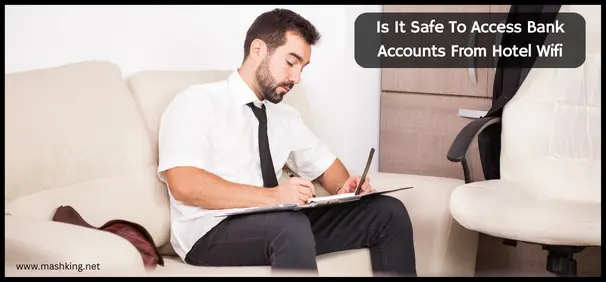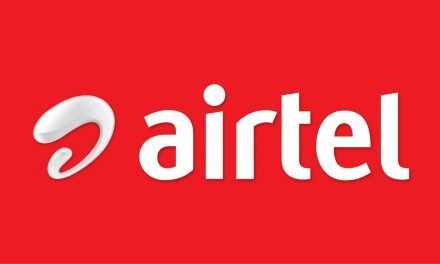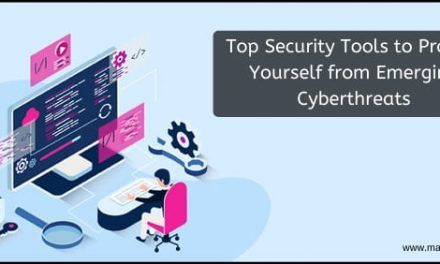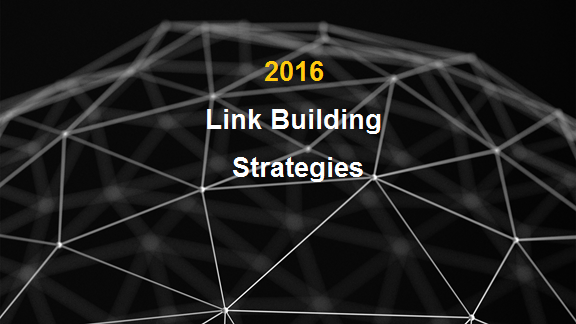Accessing sensitive data, including bank accounts, using hotel WiFi is typically not advised because it is frequently unsecured and open to hacking. When accessing such material, it is advised to do it using a private, secure network, such as a virtual private network (VPN) or a personal hotspot.
Before you start blogging, pick a subject and platform that fit your objectives and interests. Establish a distinct writing voice and concentrate on producing high-quality content that interests your readers. Building a successful blog requires consistency and promotion through social media and other avenues.
Table of Contents
Is it safe to do banking on a hotel Wi-Fi?

As hotel WiFi is frequently an unprotected network, it might be dangerous to use it for banking because it makes it simpler for hackers to steal your personal data. Hackers can modify transactions or steal your login information using a variety of techniques, which may cause financial loss. Hence, in accessing financial information, it is always recommended to use a secure network.
Using a virtual private network (VPN) like IPVanish, which encrypts your internet traffic and adds an extra layer of security, is one approach to protect your connection. You may access the internet anonymously with ipvanish coupon code without worrying about hackers or outside surveillance. Moreover, you can save money on IPVanish’s premium VPN services with the help of a coupon code.
Always use a reliable VPN service like IPVanish to protect your banking information, especially while connecting to unprotected public networks like hotel WiFi. No matter where you are, IPVanish makes sure that your important information is kept private and secure by encrypting your internet traffic. You can get the greatest VPN services while saving money with their promo code.
Is it safe to log into the bank on public WiFi?
Generally speaking, it is not advised to log into your bank account via a public WiFi network because it could jeopardize your personal and financial data. Here are five justifications:
1.Lack of Encryption: As public WiFi networks are frequently not encrypted, anyone using that network may be able to intercept the information you send and receive, including your login credentials and other sensitive data.
2.Malicious Networks: In an effort to deceive users into connecting to them, hackers can create phony public WiFi networks with names that resemble real ones. As soon as you log in to these networks, the attacker has access to your activities and can steal your data.
3.Unsecured Devices: Because so many people use public WiFi networks, you can’t be certain that everyone who connects to the network has taken the proper security measures on their devices. It’s possible for malware on one device on the same network to spread to another, infecting both of your devices.
4.Rogue Software: Hackers can infect your device with harmful software using a number of methods without your knowledge in order to capture your login credentials and other sensitive data as you type them in.
5.Public WiFi networks are frequently used as the setting for phishing scams, in which hackers develop phony websites that closely resemble real banking websites in an effort to mislead users into providing their login information. Your bank account could be compromised if you fall for one of these frauds while utilizing free WiFi.
It’s advised to refrain from accessing your bank account using public WiFi due to these reasons. Instead, access your critical financial information using a private, encrypted network like your home WiFi or a virtual private network (VPN).
What should you not do on hotel Wi-Fi?
To protect your personal and financial information online when using hotel Wi-Fi, it’s crucial to exercise caution. The following activities are prohibited on hotel WiFi:
Avoid entering sensitive information: Hotel Wi-Fi is frequently unsafe, putting your data at risk of being intercepted by cybercriminals. Avoid logging into your bank accounts, email accounts, or any other site that includes sensitive information.
Downloading files from unidentified sites should be avoided since they can include malware or viruses that could damage your device.
Never turn off your security software: Keep your firewall and antivirus programs running because they can safeguard your device from online attacks.
Never enter personal information on websites you don’t know: Be cautious when browsing the internet and stay away from clicking links from untrusted sources.
Don’t divulge private information: Don’t divulge private details like your home address or credit card information on social media or other internet platforms because cybercriminals might exploit this data for illegal purposes.
You can help safeguard your personal and financial information when using hotel Wi-Fi by adhering to these rules. When using hotel Wi-Fi to access the internet, it’s also advised to utilise a virtual private network (VPN) to encrypt your data and offer an additional degree of security.
How do I make hotel Wi-Fi safe?
It’s crucial to take precautions to protect your personal and financial information when using hotel WiFi. The use of a virtual private network is one of the best ways to make hotel WiFi safer (VPN). In order to safeguard your data from hackers who might use the hotel Wi-Fi network to snoop on private information, a VPN establishes an encrypted connection between your device and the internet.
You can do other things to increase the security of hotel Wi-Fi besides utilizing a VPN. For instance, you can prevent downloading unknown files and clicking on dubious links by making sure the antivirus and firewall software on your device are activated. When using hotel WiFi, you should also refrain from entering important data like your bank account or credit card numbers.
You can contribute to making hotel Wi-Fi safer and safeguarding your personal and financial information when using the internet on the go by adopting these precautions.
Conclusion
Due to the inherent risks connected with insecure networks, accessing your bank account using hotel Wi-Fi is generally not safe. It is advised to use a secure and private network, such as a VPN, rather than entering critical information on hotel Wi-Fi, such as login passwords and personal information.




